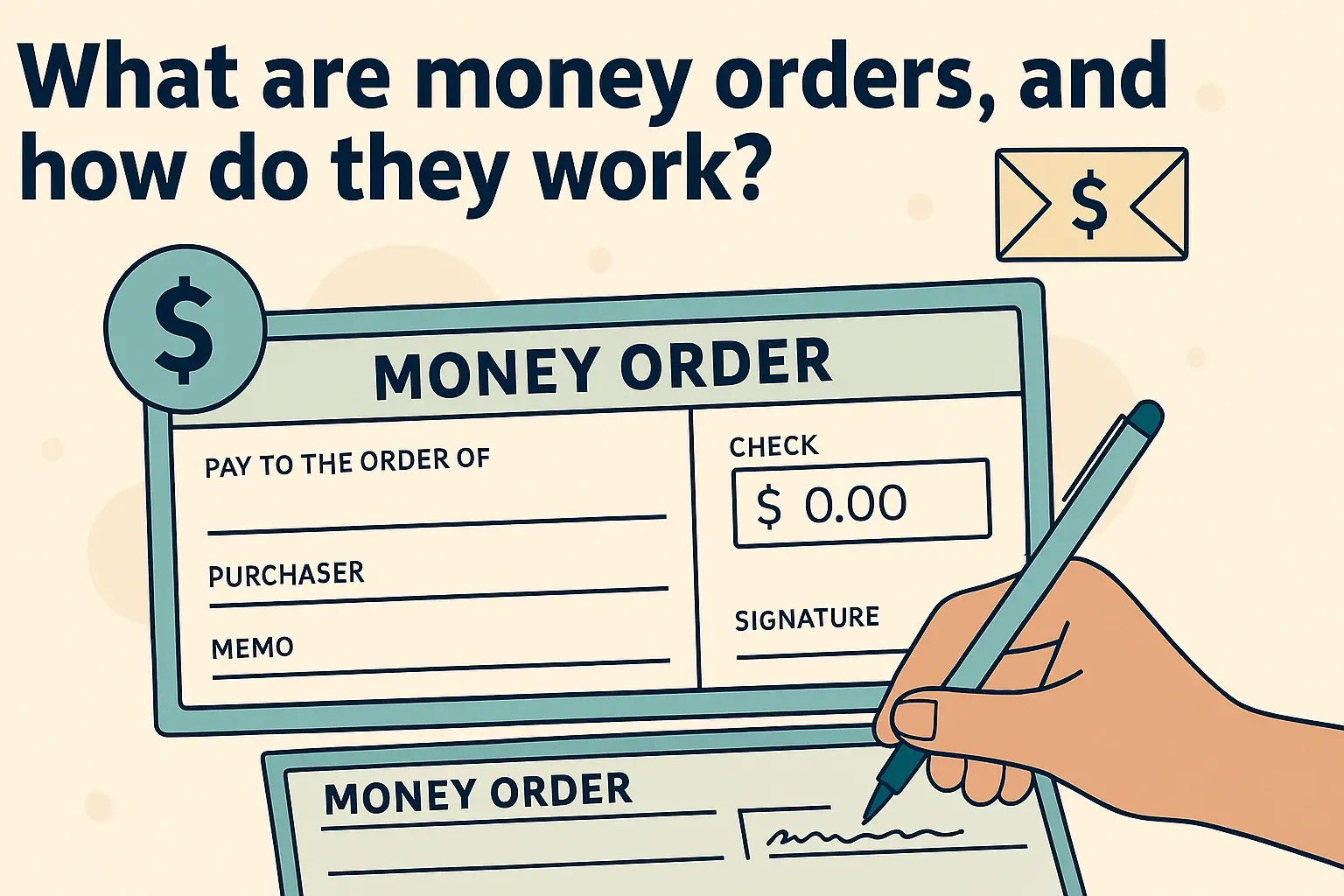-
Posted on: 05 Aug 2024

-
The credit reporting bureau will review your credit record and credit scores whenever you apply for any kind of credit, including a credit card, auto loan, house loan, or even a personal loan. However, there are more than forty distinct credit ratings accessible to lenders. But whose FICO score do banks use then? This is it.
The FICO Score: The most well-known credit ratings are the FICO ones. Originally developed by Fair Isaac Corporation or FICO to help ascertain a person's credit risk and loan repayment capability, they range from 300 to 850, with FICO scores indicating reduced risk. There are many FICO scores, more than thirty, but lenders only pay attention to a few of them when reviewing credit applications; they do not evaluate all of them.
FICO Adaptations The most often utilized FICO scores are FICO 8, FICO 9, and the specific auto and bankcard sector scores. Among the most often used FICO scores are FICO 8, FICO 9, and the specialist auto and bankcard sector scores.
Currently used by more than 90% of the lenders, FICO 8 is the most recent variation of FICO. Its score ranges from 300 to 850 using elements like payment history, debt level, duration of credit history, categories of credit, and number of credits in the previous year.
FICO 9: This is exactly FICO 8, only with less of the past bad information and more of the current payment records emphasis. It also leaves outstanding medical bills or collection items for less than $100. Nonetheless, as most lenders still use FICO 8, the acceptance of FICO 9 is still low in comparison.
Two specific scores created for the auto lending sector, auto FICO scores, provide additional weight on how you handle vehicle loans and other monthly commitments, including personal loans. Consequently, the auto FICO score will more fairly show these numbers if you have been mostly utilizing credit for automobile finance. Though they are meant to concentrate on a specific loan area, they are not as typically employed as overall FICO ratings.
Designed especially for credit card businesses, Bankcard FICO Scores take into consideration credit limits and balances as well as your credit history and management of revolving credit. Your bankcard score is generally more important if you have more credit cards than installment loans. FICO 8 scores are not the only kind of scores, however; credit card firms still value the conventional ones.
The kind of Credit Score Is Most Often Applied by Lenders.
Credit reporting agencies and most lenders today also consider the FICO 8 score which is also known as the base FICO score. FICO 8 is applied in more than 90% of credit decisions made regarding auto loans, mortgages, credit cards, and personal loans. Thus, you can take a general rule of thumb that the FICO 8 score attached to your credit report is the one that the lenders are using.
However, some local lenders who only issue auto loans or credit cards may use not only the base FICO 8 but also auto or bankcard FICO scores. For instance, an auto lender may pull both your base credit score (FICO 8) and your auto credit score (auto-specific score). This helps them to have a better understanding of your credit activity, especially within that particular lending segment.
Furthermore, some types of lenders prefer one or two credit bureaus compared to three bureaus that are used for evaluating creditworthiness. Many of you check your credit scores from Equifax, Experian, and TransUnion to get a detailed report. Still, some of the lenders prefer to rely on one or two bursts, and this is more common among the small companies. Meaning you could have three different bases FICO 8 scores with one bureau, and lenders might use one or two bureau scores.
The message here is that while the majority of the lenders use FICO 8, your auto FICO or bankcard FICO can be used, depending on the lender, in addition to the credit bureau(s) that they pull. But you don’t know for sure which exact score they pull or rely on the most. 6. It will still not give you certain knowledge of which exact score they pull or rely on the most. It’s better to check all three credit reports and track base FICO 8 scores across the three credit bureaus to see how any lender is likely to see your credit.
Getting Your FICO Scores Here are your options for buying your FICO scores: you can order them anytime through MyFICO. Com or from the credit bureaus that offer them – Equifax, Experian, and TransUnion. This will provide you with your base FICO 8 scores from the three credit bureaus. This way, you can compare the three FICO 8 scores and know which of the credit bureaus is most likely to have your score pulled by a lender. If there is a significant difference between the two bureaus, it may mean that you need to dispute errors or handle credit with the bureau with the lower score.
Some credit cards also provide a FICO score along with the monthly statement for free. The score they give is often determined by information from only one of the credit bureaus. Further, numerous free credit monitoring services enable you to check some FICO scores every month, including average credit scores across bureaus. These can give information on your FICO 8 scores, even if they are not full reports obtained from the bureaus.
Is it necessary to have FICO scores? Absolutely. Monitoring your credit reports and scores enables you to correct mistakes, assess your credit improvement, and present the correct image of your creditworthiness when applying for credit. Most lenders use FICO 8 scores, but knowing the industry-specific FICO and checking all three credit bureaus is important so that you know the exact situation.
Raise your credit score effortlessly—dial (888) 803-7889 for professional help!









